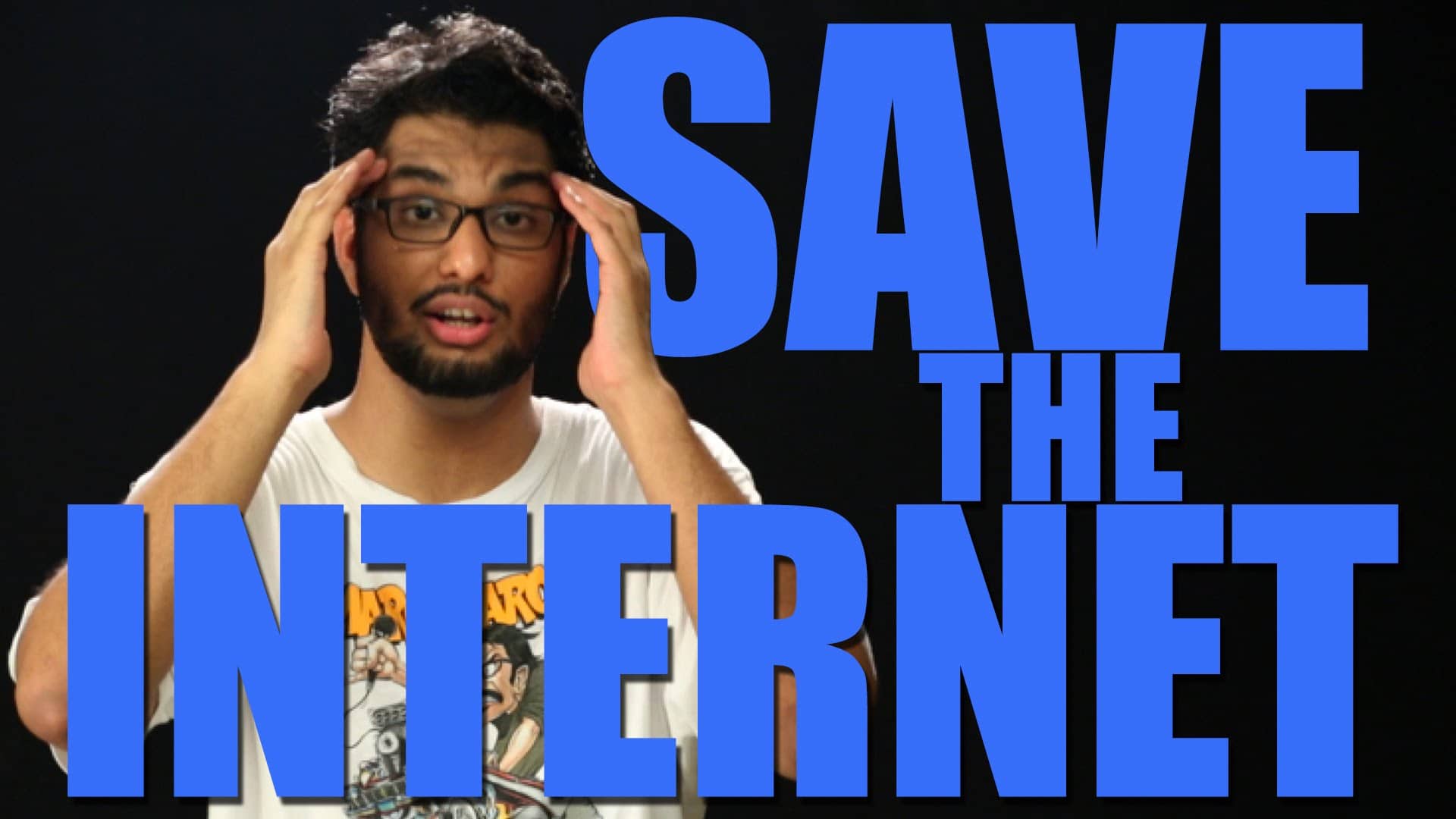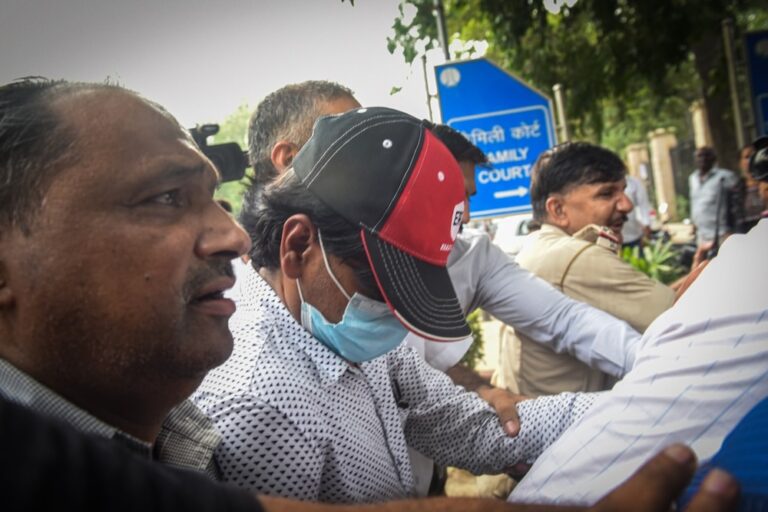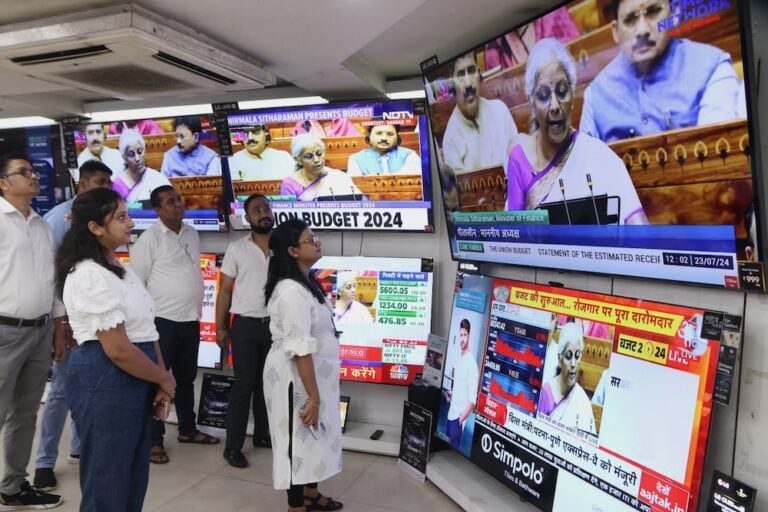The net neutrality debate that captured the attention of internet users in the U.S. and turned them into digital advocates has now reached the world's largest democracy.
This statement was originally published on freedomhouse.org on 8 June 2015.
By Cyrus Rassool, Senior Program Associate, Internet Freedom
The net neutrality debate that captured the attention of internet users in the United States and turned them into digital advocates has now reached the world’s largest democracy.
India, like the United States, is grappling with how to implement regulations on net neutrality – the idea that internet service providers (ISPs) and governments should treat all web traffic equally in terms of speed and access. Without net neutrality guarantees, state or private actors could manipulate internet traffic, privileging some sites or activities over others for political or financial gain. This prospect is concerning in India, which was rated only Partly Free in Freedom House’s Freedom on the Net 2014 report.
“Netizens” in India are particularly concerned about the future of net neutrality because of a draft paper issued in late March by the Telecom Regulatory Authority of India (TRAI). The paper includes language suggesting that ISPs would be able to prioritize the speeds at which websites load and allow telecommunications providers to charge fees to customers for use of free voice-over-IP and messaging services – referred to as over-the-top services in the draft – such as Google Talk, Skype, Viber, and WhatsApp. In short, the proposed rules put the interests of the telecoms, whose profits are threatened by these apps, above those of the consumer. Many believe that TRAI’s strategy for creating and rolling out the draft was designed to prevent individuals from fully comprehending this fact. The paper is over 100 pages long, written in confusing language, and the public was given four weeks to respond via e-mail with any comments.
The net neutrality debate in India comes at a crucial time, with tech companies such as Facebook and Google preparing to introduce their zero-rating services. Zero-rating allows mobile users to freely access specific applications or services with no data charges. However, many digital activists argue that the practice ultimately undermines net neutrality principles because it only applies to select applications and services.
Internet users have reason to demand fair and transparent policies for regulating the internet in India, where the government censors some political and social content. For example, in December 2014 India abruptly blocked access to 32 websites, including DailyMotion, GitHub, and Vimeo. The ruling Bharatiya Janata Party’s point person on information technology, Arvind Gupta, stated on Twitter that “the websites that have been blocked were based on an advisory by Anti-Terrorism Squad, and were carrying Anti India content from ISIS.”
The blocking was lifted the following month after a public outcry, and the incident highlighted the lack of clear procedures for such restrictions.
But Indian civil society is fighting for better practices. Over one million Indian netizens submitted comments to TRAI to convey their concerns about the draft regulations. Separately, responding to legal challenges and online activism, India’s Supreme Court took a positive step in March by striking down section 66-A of the Information and Technology Act, which had been abused to arrest individuals for online comments that criticized government policies and officials. Legal experts viewed the legal provision as vague, overly broad, and a threat to free speech online, and activists celebrated the decision to rule it unconstitutional.
India has the third-largest number of internet users in the world, and should do more to uphold the values of a free and open internet. If the country wants to maintain its image as a model democracy for the region, it must respond to citizens’ concerns by implementing net neutrality regulations that ensure the equal transmission of all data.
Analyses and recommendations offered by the authors do not necessarily reflect those of Freedom House.



